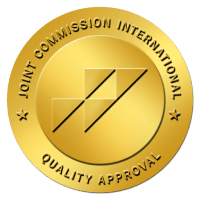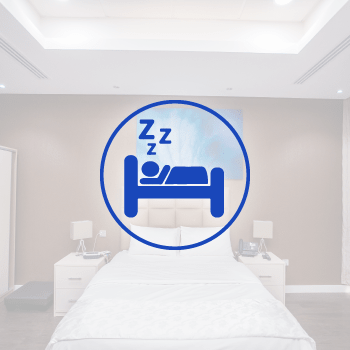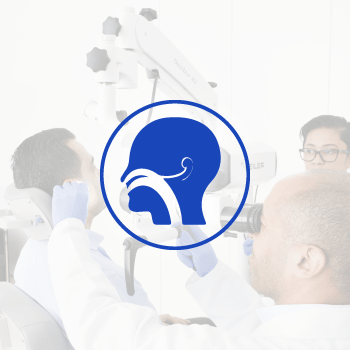SPECIALTY CONTACT LENSES
Specialty contacts are lenses designed for patients with corneal problems or other eye concerns that are incompatible with conventional contacts. Some individuals experience eye issues, such as dry eye, that make using conventional contact lenses difficult.
Fortunately, there are several types of specialty contact lenses that can solve these issues and enable these patients to experience unobstructed vision without glasses.
Rigid gas permeable contact lenses
Gas permeable contact lenses are recommended for patients who suffer from keratoconus, even though they are not hard lenses, their rigidity helps the cornea to maintain its shape while wearing them, which can help with some corneal abnormalities, or simply patients who suffer from dry eyes and can’t tolerate the soft contact lenses.
Hybrid contact lenses (semi-soft/semi hard)
Provides more comfort than regular RGP Early stages of keratoconus or high astigmatism, post intra corneal ring segments.
Scleral contact lenses
Scleral contact lenses are bigger in diameter than conventional contacts. They are a practical alternative for people who have corneal abnormalities such as keratoconus or surgical scars and find that ordinary contact lenses are impractical or impossible to wear. It also serves as a reservoir for tear film, keeping it on the surface of the eyes for longer and improving dry eye symptoms.
Orthokeratology contact lenses
Orthokeratology is an innovative method for correcting vision and preventing the progression of myopia. Orthokeratology lenses are specially designed for each patient and are safe for overnight usage, allowing you to see clearly without the necessity of contact lenses during the daytime.
Prosthetic contact lenses
The purpose of soft prosthetic contact lenses is to provide cosmetic, therapeutic, and psychological benefits. Patients who require these contact lenses usually have congenital eye abnormalities or have experienced traumatic eye or corneal injuries.






 أنقر هنا
أنقر هنا أنقر هنا
أنقر هنا












